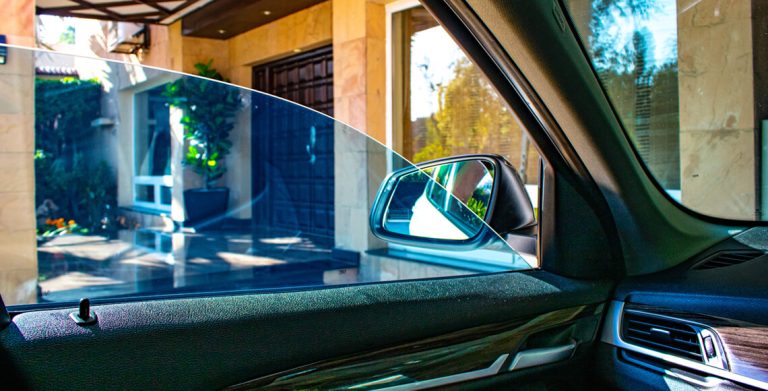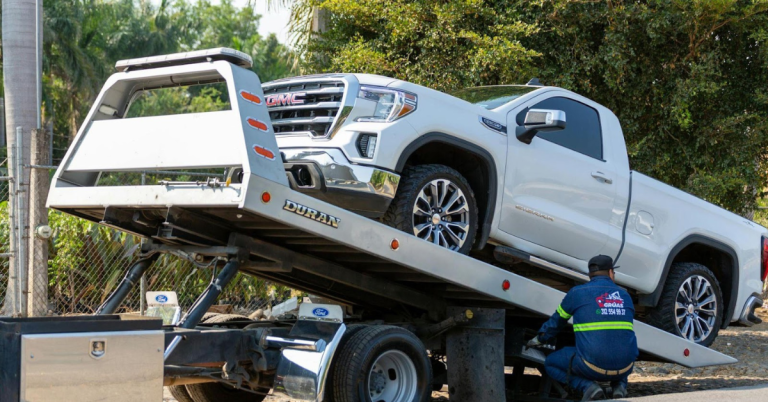What You Need to Know Before Buying a Used Car

Buying a used car can be one of the smartest financial decisions. With depreciation rates in your favor, a pre-owned vehicle often delivers the same quality, features, and performance as a new model but at a much lower price. The used car market is extensive, offering many makes, models, and price points to help buyers find their perfect match.
Navigating this market requires careful consideration and knowledge to ensure wise investments. Knowing what to look for empowers buyers to make informed choices, leading to years of satisfaction. This guide will provide essential information to help you before buying a used car.
You Need to Test Drive the Vehicle
One of the most crucial steps in buying a used car is to take the vehicle for a test drive. This is your opportunity to assess how the car handles on the road, ensuring it meets your comfort and performance expectations—attention to visibility, steering response, braking, and overall noise levels.
Additionally, testing the vehicle in various conditions, such as city and highway driving, can help you gauge its performance more accurately. Don’t hesitate to ask the car dealer about the vehicle’s history, including any maintenance or repair work performed, as this can give you insights into the car’s overall reliability. A thorough test drive can significantly impact your decision-making process and help you avoid potential regrets.
Research the Car’s History
Before finalizing a purchase, it’s essential to delve into the vehicle’s history. Obtaining a vehicle history report can provide valuable information regarding previous ownership, accident history, service records, and any title issues, such as salvage or flood damage. Services like Carfax or AutoCheck can offer detailed reports highlighting red flags that might not be immediately apparent during a visual inspection.
Moreover, when possible, reaching out to previous owners can provide invaluable insights into the vehicle’s maintenance record and any specific issues they encountered during their ownership. This can include details about routine services, repairs, and any major incidents that may have affected the car’s performance or reliability. By diligently investigating the car’s history and gathering as much information as possible, you can greatly minimize the risk of unforeseen problems and safeguard your investment.
Know Your Budget and Negotiate
It’s crucial to clearly understand your budget before entering into negotiations with a used car dealer. Research the market value of the specific make and model you are interested in, considering factors such as mileage, condition, and additional features. This can help you determine a fair price range for the vehicle and give you leverage during negotiations.
When negotiating with a car dealer, feel free to ask questions about pricing or request a lower price based on your research. Remember that dealers are also looking to make a profit, so finding a balance that works for both parties is essential. Be prepared to walk away if the terms are not suitable, as other options are always available in the used car market.
Look for Certified Pre-Owned Options
Consider seeking certified pre-owned (CPO) vehicles when exploring the used car market. These cars often come with added peace of mind, as they have undergone rigorous inspections and refurbishment by the manufacturer or a certified dealership. CPO programs typically offer extended warranties, which can protect you from unexpected repairs and expenses in the future.

Many Certified Pre-Owned (CPO) vehicles have benefits that enhance the ownership experience. These often include roadside assistance for emergencies and detailed vehicle history reports that ensure transparency about past ownership and potential issues. While they may be priced slightly higher than non-certified models, they provide peace of mind and added protection against future problems. Be sure to inquire about certification processes and benefits when considering a CPO vehicle.
Get a Professional Inspection
Before committing to a used car purchase, it’s highly advisable to have the vehicle inspected by a qualified mechanic. A professional inspection can uncover hidden issues that may not be apparent during a test drive or visual examination. Mechanics will assess critical components such as the engine, transmission, brakes, and suspension, as well as the electrical systems and body condition for any signs of damage or wear.
This thorough analysis can help identify costly repairs or maintenance needs that could influence your buying decision. Additionally, having a mechanic’s report can be a valuable negotiating tool, enabling you to discuss any significant concerns with the seller and adjust the price accordingly. Investing in a professional inspection can save you from potential headaches and expenses, ensuring that your purchase is sound.
Consider Financing Options
When it comes to buying a used car, there are various financing options available. If you have the funds, purchasing the vehicle outright can save you from incurring interest charges and allow for more negotiation power in the buying process. However, consider all your options before committing to a loan if you require financing. Some dealers may offer in-house financing or work with specific lenders specializing in used car loans.
Be sure to thoroughly review and compare the terms and rates of each option before making a decision. Consider down payments, monthly payments, and additional fees for each choice. It is essential to choose a financing plan that works best for your budget and long-term financial goals.
Do Your Research, and Don’t Rush
When buying a used car, it’s essential to do your research thoroughly and take your time. With the vast array of options available in the market, it’s crucial to fully understand what you’re getting into before rushing into a purchase. Take advantage of online resources, such as car review websites and forums, to gain insight into specific makes and models.
Additionally, don’t hesitate to ask for advice from friends or family members who have experience purchasing used cars. Patience is vital when navigating the used car market, as finding the perfect fit may require time and effort. Keep an open mind and trust your instincts while being diligent in your research and decision-making process.
Buying a used car can be a rewarding experience with financial and practical benefits.By considering key aspects of the buying process—like your specific needs and market trends —you can find a vehicle that fits your lifestyle and budget. Patience and diligent research lead to informed decisions and greater satisfaction. Ultimately, the right used car can be a reliable companion on the road, improving your mobility and providing peace of mind for years.







One Comment